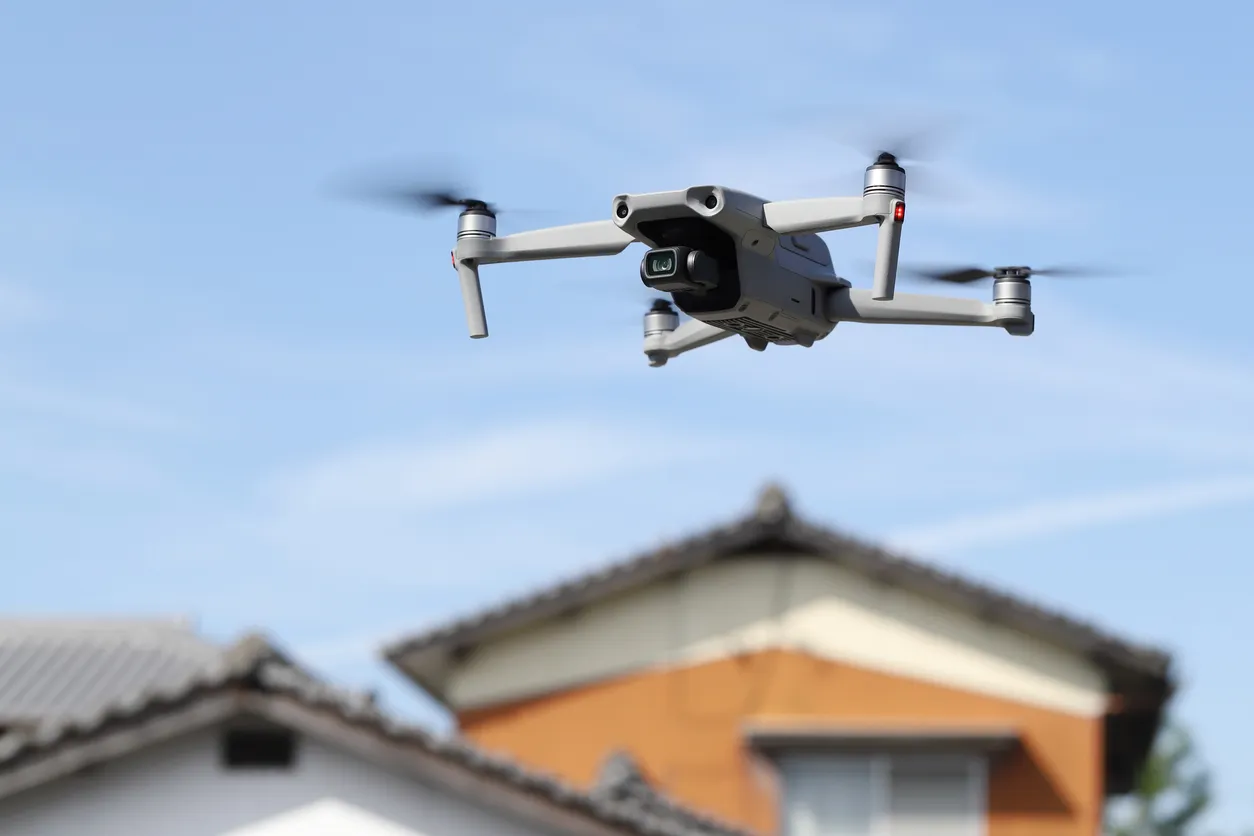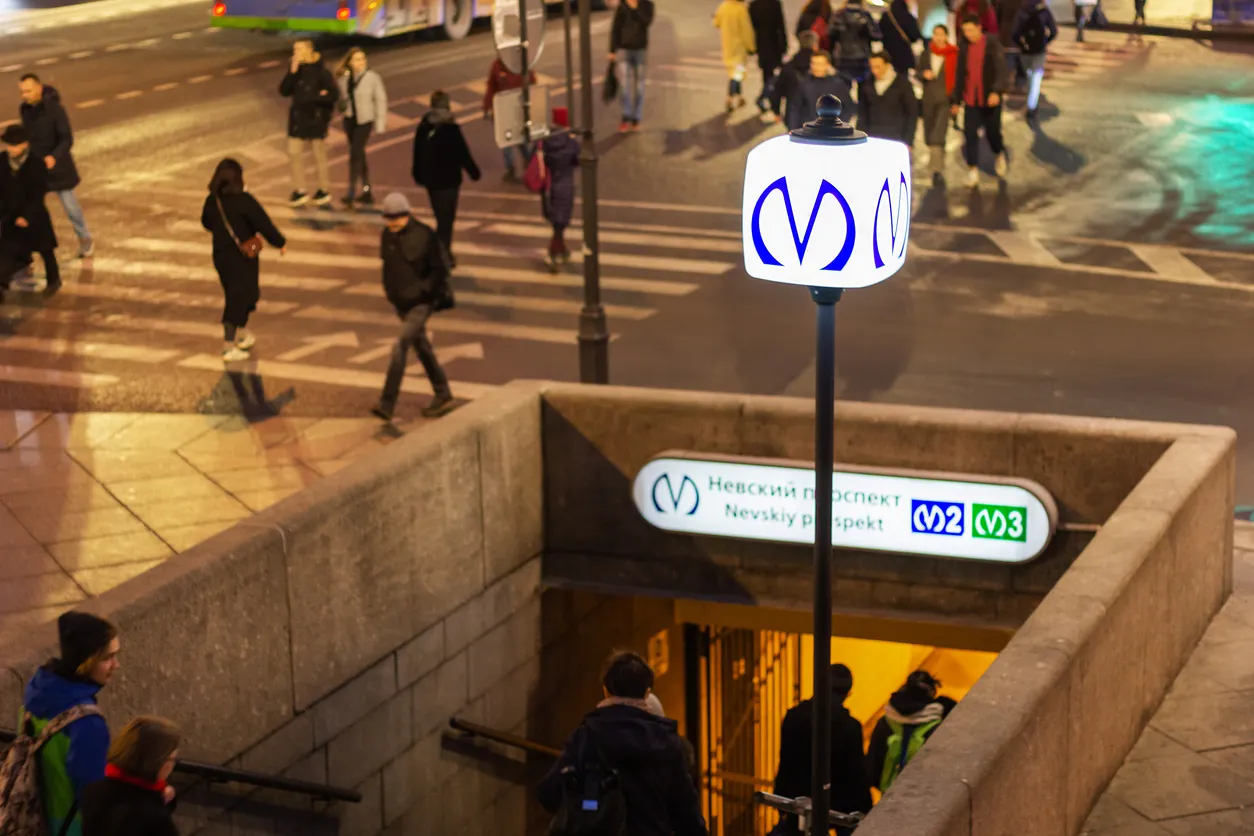Russia Wants to Replace Computer Science Classes with Cybersecurity 101

A growing digital nation needs digitally fluent citizens—and Russia’s top banker thinks the education system needs a reboot. Sberbank CEO Herman Gref is calling for a bold shift in national curriculum: replace outdated computer science classes with full-scale cybersecurity education
According to Gref, today’s “informatics” courses don’t equip students with practical digital literacy or teach them how to navigate an increasingly high-risk internet. A new subject, mandatory in all schools, would focus on data privacy, threat detection, and cyber hygiene—arming kids with real-world skills for staying safe online.
While Russia's schools aren't exactly analog—parents already use e-diaries to track grades and apps to pay for lunch—critics say deeper integration of cybersecurity is long overdue.
Some educators are already experimenting with digital creativity. One teacher in Kamchatka had her students write essays about their future dream jobs. At year’s end, she handed each of them a sealed envelope containing AI-generated images of what they might look like in 20 years—dressed for their imagined careers. It was part lesson, part time capsule, and a glimpse at how human stories and machine learning can collide in the classroom.
If Gref’s proposal takes root, Russia could become one of the first countries to bake cybersecurity into core education policy, preparing not just coders—but conscious digital citizens—for the AI age.









































